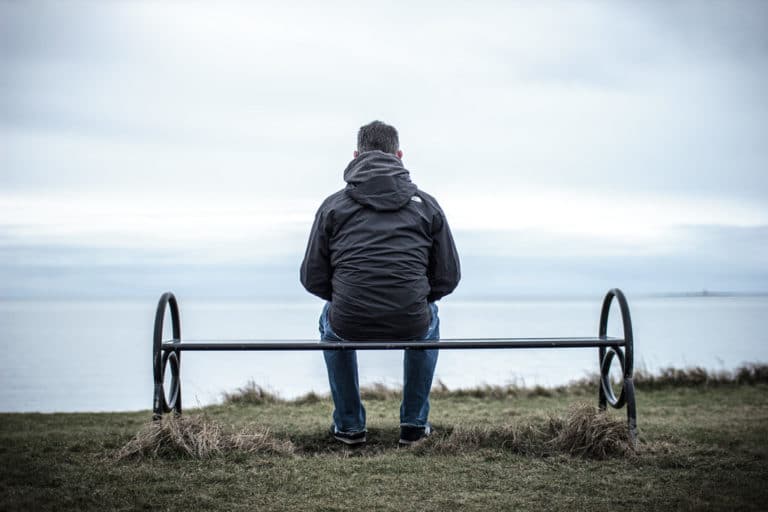Isolation and Mental Health During COVID-19

During COVID-19 all Americans were forced into isolation. For many, this meant most of their time was spent alone. For those living alone, quarantine has been a different experience than for the rest of the population. Everyone needs human interaction, even those living alone. It is natural that everyone will become sick of isolation. Not only bored, but this isolation could lead to many mental health issues. It is common for addictive behaviors to become overwhelming during long isolations like this one.
The long-term isolation has begun to affect everyone. What are ways that we can get social interaction without leaving our house? If you work from home, you may only see your coworkers on a computer screen. If you are unemployed you may not see anyone.
Since the situation in the United States will probably not change for months, what strategies that can be used to help cope with this loneliness?
Dealing with Loneliness and Isolation
Loneliness is apart of life and whether we enjoy being alone or not we will all experience it at one time or another. Thankfully, we live in the age of the internet and therefore have many outlets in which to talk with other likeminded people. So, what can the internet offer in terms of dealing with loneliness? During the pandemic, many therapists took their expertise to the internet. It is very easy to find a therapist that can help with loneliness. This is especially helpful to those that already are suffering from an additional problem that has become worse since the isolation started.
Why feeling Lonely is Valid
All humans have a need to bond with others and this starts from the time we are born. When we are young, we all cling to a caregiver, whether it is a parent or another relative. This is our basic survival instinct. However, we must learn to let go of the past because as adults we are not as dependent. This survival instinct is why there is often a sense of urgency attached to these feelings. This instinct however can become a big problem if it persists and can lead to unhealthy coping mechanisms.
Why a quick fix is not the best
When we feel lonely it can often lead to destructive or addictive behavior. The need to escape this loneliness can become overwhelming and this is what can drive the pleasure seeking of addictive behavior. However, it is recommended that instead of looking foe an escape it is best to learn to embrace and accept these feelings so that they become more manageable and do not lead to this kind of behavior. It seems contrary but growing relationships with others is an important first step in this process.
Why loneliness is normal and why we cannot escape it.
Everyone at one time or another will experience loneliness. That is why it is important that during this time of COVID-19 that we all remember above all else to really spend the time each day to take care of ourselves.
Are there any COVID-19 safe ways of taking care feelings of loneliness during isolation and what are they? The short answer. Yes, there are a lot of ways of enjoying recreation outside that can help with the thoughts of loneliness. Many parks and recreational areas have stayed open to the public and are cheap if not free. Hiking and camping are just two examples of recreations that are great to do with a small group and are low risk, but really any sport or activity that can be done outside and with a few people that are six feet apart or more are all great ways to spend time with friends and family and to be outside.
In the last few months, has seen a comeback of drive thru movie theaters. Since most theaters are very high risk because not only are they inside they also have man y people near each other within an enclosed space.
If you think this blog was helpful or are dealing with addiction yourself, then please checkout our YouTube channel, it has many testimonials and we may be able to help you on your path to recovery.